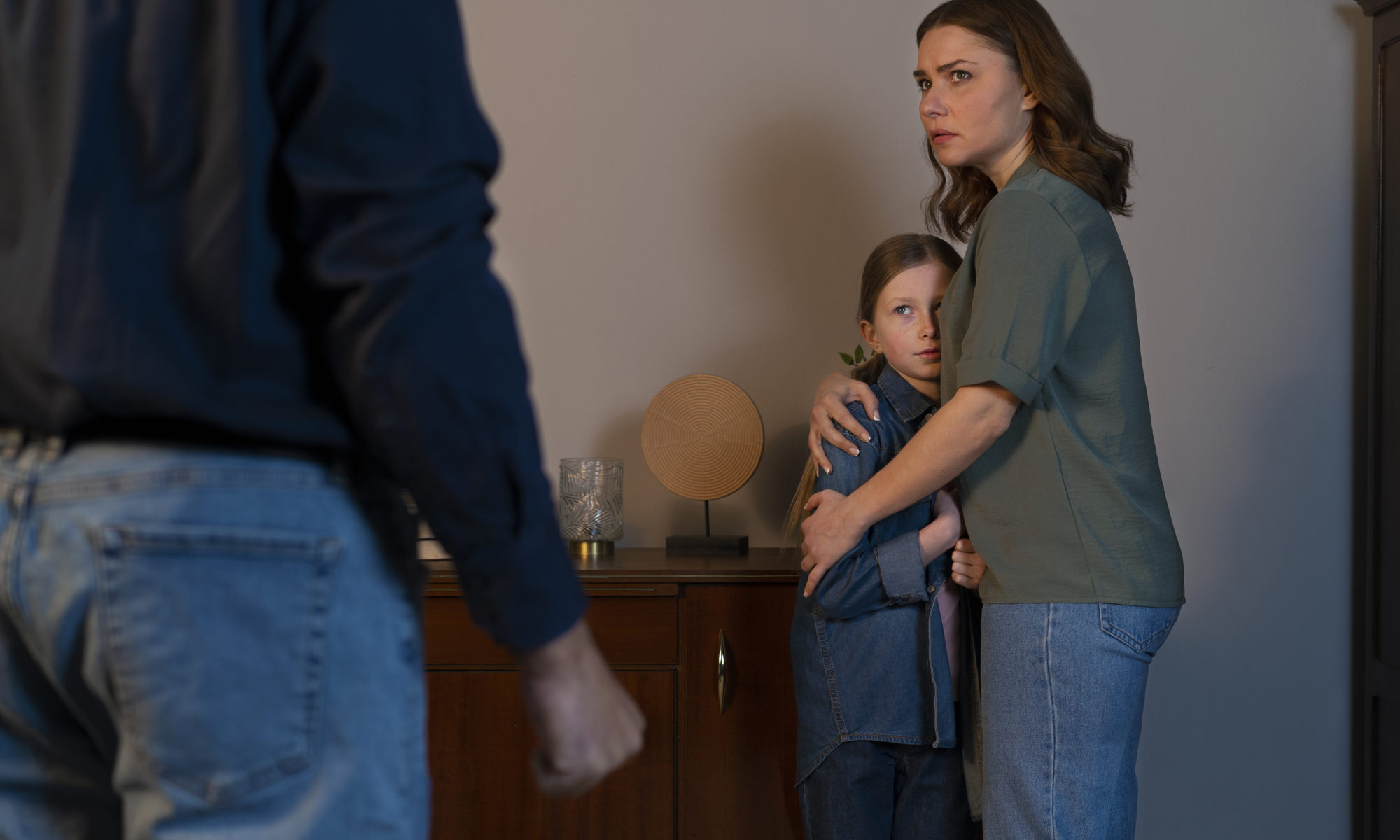Co-parenting with someone who thrives on conflict is exhausting. Whether it’s a barrage of critical emails, subtle manipulations, or outright provocations, it can feel like you’re constantly dodging emotional landmines. We know how hard it is to stay calm when you just want to scream or shut down. That’s where the Yellow Rock strategy comes in—a powerful, emotionally intelligent way to communicate that keeps things civil, protects your kids, and saves your energy for what really matters.
What is the Yellow Rock Strategy?
The Yellow Rock strategy is a communication technique designed for dealing with high-conflict or narcissistic co-parents. You keep your tone friendly yet business-like, share only the essential details, and sidestep any drama or emotional traps. It’s not about being cold or distant—it’s about being strategic, staying focused on your kids, and refusing to get sucked into toxic back-and-forths.
For example, if your co-parent sends a long, accusatory email, a Yellow Rock response might look like this:
“Hi [Name], Thanks for your message. [Child’s name]’s soccer practice is Wednesday at 5 PM. Let me know if you’re picking them up. Best regards.”
Short, polite, and straight to the point. You’re not ignoring them, but you’re not taking the bait either. This approach is especially helpful in family court, where judges value cooperation and calmness. Yellow Rock lets you appear reasonable without giving your co-parent ammunition to escalate the conflict.
Yellow Rock vs. Gray Rock: Key Differences
You might have heard of the Gray Rock method, where you respond with flat, minimal answers to discourage engagement. While Gray Rock is great for cutting off contact with a toxic person, it can sometimes come across as cold or uncooperative—especially in co-parenting, where you have to communicate. That’s where Yellow Rock shines. It’s like Gray Rock’s warmer, more diplomatic cousin.
Here’s a quick comparison:
| Feature | Gray Rock | Yellow Rock |
| Emotional Tone | Flat, boring, emotionally neutral | Friendly, polite, and business-like |
| Response Style | One-word or minimal responses | Brief but warm and courteous replies |
| Intention | Discourage engagement | Discourage conflict while keeping peace |
| Best Use Case | Minimal contact situations | Co-parenting or required communications |
Gray Rock might make a narcissist lose interest, but it can also backfire by seeming hostile, especially in court. Yellow Rock, with its polite but firm tone, keeps you above reproach while still setting boundaries.
Why Yellow Rock Works Better in Co-Parenting:
So, why is Yellow Rock such a game-changer? Let me break it down:
- It Impresses the Court: Family court judges often look for parents who prioritize their kids and cooperate reasonably. Yellow Rock’s polite tone shows you’re doing your part without getting dragged into the mud.
- It Starves the Conflict: Narcissists feed on emotional reactions. By staying calm and courteous, you deny them the drama they crave, which can de-escalate tense situations.
- It Saves Your Energy: Engaging with a high-conflict co-parent is like running an emotional marathon. Yellow Rock helps you conserve your mental and emotional strength for your kids and yourself.
When to Use the Yellow Rock Strategy in Co-Parenting
The Yellow Rock strategy is particularly effective in specific co-parenting scenarios:
- High-Conflict Co-Parents: If your co-parent loves to argue or manipulate, Yellow Rock keeps you from falling into their traps while still addressing necessary details.
- Family Court Cases: When court is involved, appearing cooperative is key. Yellow Rock helps you look like the calm, reasonable parent without compromising your boundaries.
- Parallel Parenting: If you’re practicing parallel parenting (minimal direct contact), Yellow Rock ensures your communication stays civil and kid-focused.
- Living with a High-Conflict Co-Parent: If you’re still sharing a home, Yellow Rock can reduce tension and keep things as peaceful as possible.
Step-by-Step Implementation of the Yellow Rock Strategy for Successful Co-Parenting
Implementing the Yellow Rock strategy requires conscious effort and consistency. Here’s a step-by-step guide:
1. Start with Your “Why”
Before you put anything into writing or hit “send,” take a moment to ground yourself. Why are you doing this? You’re not trying to win them back, prove them wrong, or get revenge. You’re doing this to:
- Protect your kids from unnecessary stress.
- Keep your own household peaceful.
- Show the court (if needed) that you’re the calm, reasonable parent.
- Preserve your emotional energy.
Hold onto that “why” when things get tough—it’s your anchor.
2. Keep it Polite and Business-like:
This is the cornerstone of Yellow Rock. Frame your communications as if you were emailing a colleague or a boss. Use courteous greetings and closings.
You can start with a friendly greeting (“Hi [Name]”) and end with a courteous closing (“Best regards”). It might feel unnatural, but it sets the tone for calm, professional interaction.
Example: “Hi [Name], I hope you’re doing well. [Child’s name]’s doctor’s appointment is Friday at 2 PM. Please let me know if you’ll be there.”
3. Focus on Facts Only:
Avoid the drama. Just give the necessary info—nothing more, nothing less. No emotions, no accusations, no opinions.
Example:
- “The school play is on Friday at 6 PM at the auditorium. Please confirm if you plan to attend.”
That’s it. Simple and clear.
4. Be Brief and Succinct:
Get straight to the point. The longer your message, the more room they have to twist your words. Keep it tight.
Instead of this:
“I don’t understand why you always do this. You forgot the last appointment, and now it’s your turn. The kids have another one Thursday at 4. Can you handle it? Don’t forget the paperwork this time.”
Say this instead:
“[Child’s Name] has a dental appointment Thursday at 4 PM. Please confirm if you’re available to take them.”
5. Ignore the “Word Salad” and Emotional Bait:
When the high-conflict parent includes criticisms, insults, gaslighting, or attempts to provoke a reaction, do not engage with them. Respond only to the factual questions or necessary information.
For example, If an email states: “You’re a terrible parent, and because of your negligence, the child missed their appointment. By the way, what time is the dental appointment next week?”
Your Yellow Rock response will be something like: “The dental appointment for [Child’s Name] is Thursday at 4 PM.” (Completely ignore the insults).
6. Acknowledge Accusations Carefully
Sometimes you may need to respond to accusations to protect yourself in court. But do it carefully, without getting dragged into a fight.
Example: “I understand your concerns, but I don’t agree with your account of the situation. Let’s focus on [child’s name]’s needs.”
7. Have “Go-To” Replies Ready:
It helps to keep a few standard responses saved somewhere. That way, you don’t have to come up with something new every time they poke at you.
Examples:
- “I will respond to matters directly related to the children.”
- “I’m not engaging in personal attacks.”
- “This conversation is not productive.”
These responses help you stay consistent and protect your peace.
8. Detach Emotionally:
This is perhaps the hardest part. Remember: you’re not being polite because you care what they think. You’re being polite because it protects you and your kids. Their reactions (or lack thereof) aren’t your responsibility.
9. Don’t Try to Win or Negotiate:
With a narcissist, compromise is often a trap. They will take an inch and demand a mile. Focus on simply communicating what’s necessary and letting go of the need for them to understand or agree.
10. Take Care of Yourself Afterwards:
Even a perfectly executed Yellow Rock response can leave you feeling drained. After you hit “send,” step away. Go for a walk, listen to music, or do something that brings you joy. You deserve it!










